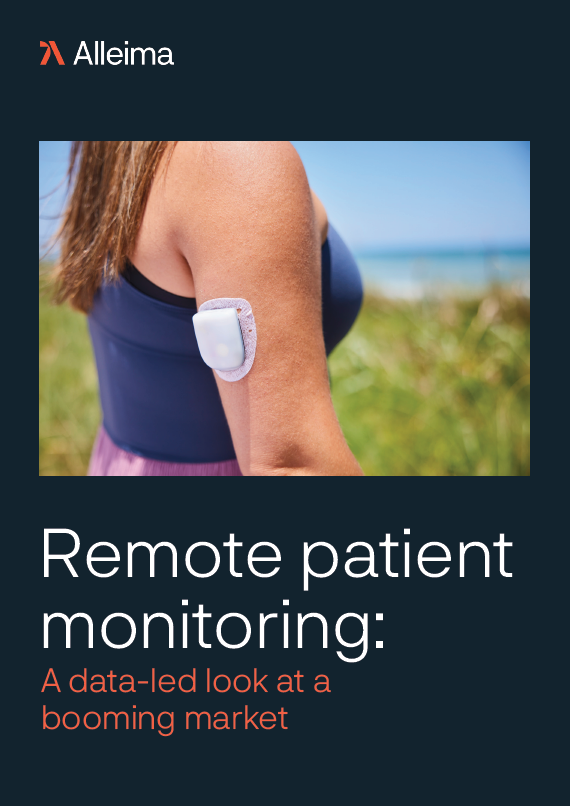
Movesense has announced its wearable Movesense Medical electrocardiogram (ECG) and movement sensor has been certified as a Class IIa medical device in conformity with the European Medical Device Regulation 2017/745 (MDR).
The EU Medical Device Regulation 2017/745 (MDR) replaced the Medical Device Directive MDD 93/42/EEC in 2017, with all existing devices having to transition from the MDD to the MDR by May 2024.

US Tariffs are shifting - will you react or anticipate?
Don’t let policy changes catch you off guard. Stay proactive with real-time data and expert analysis.
By GlobalDataAccording to the Finland-based company, Movesense Medical has become the first MDR-certified chest strap ECG and heart rate monitor. The change in regulatory conformation will see Movesense move from solely a distributor to also a manufacturer, taking over from its previous owner Suunto.
Movesense Medical is a wearable sensor intended for measuring single-channel ECG, heart rate, heart rate variability, and human motion. With the ability to transfer data wirelessly, the sensor has applications in remote patient monitoring and telehealth. It also offers programmability to be tailored to specific applications such as running custom algorithms and sending measured signals to other devices for visualisation.
According to forecasts by GlobalData, the wearable technology global market will be worth $156bn by 2024. The device taps into the growing market of wearable tech in medical and healthcare settings. GlobalData analysis suggests that this sector will become more lucrative as global populations age, and wearables become an increasingly important aspect of healthcare provision.
GlobalData medical analyst Shane Dibblee says: “Wearable devices are useful tools for users to track personal trends and initiate conversations with a healthcare provider. This market is expected to continue to grow in the near future as new features and useful sensors are added. However, any test result or evaluation will still need to be confirmed by a medical professional for the foreseeable future.”





